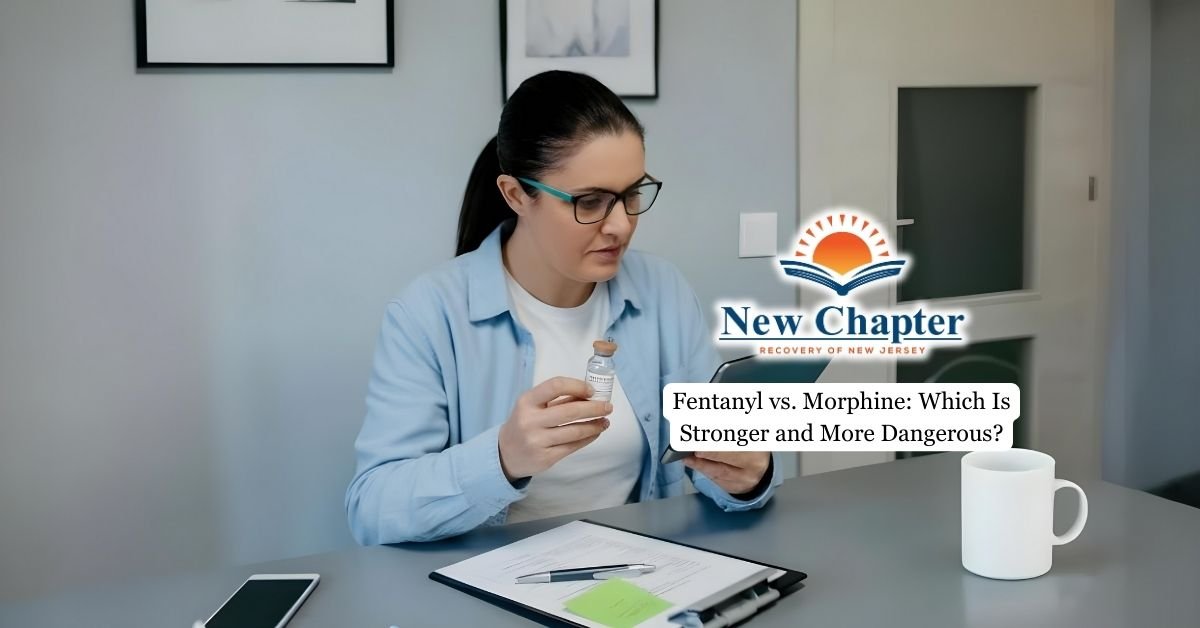As our understanding of substance use disorders has evolved, it has become clear that people require different levels of care based on the severity of their addiction, overall health, and personal circumstances.
This article explores the various levels of addiction treatment outlined by the ASAM Criteria. From early intervention to residential care, we’ll break down how each level is designed to help individuals at different points in their recovery journey.

Understanding the ASAM Criteria for Levels of Care
When seeking addiction treatment, you’ll encounter a range of options categorized by the American Society of Addiction Medicine (ASAM) Criteria. This standardized framework helps match individuals with substance use disorders to the most appropriate level of care based on their unique needs.
The ASAM Criteria define five distinct levels of treatment intensity, from early intervention services to medically managed intensive inpatient programs. By assessing factors such as withdrawal potential, biomedical conditions, and readiness to change, healthcare professionals can recommend the optimal setting for your recovery journey.
Understanding this continuum of care empowers you to make informed decisions about your treatment plan, whether it’s an outpatient program or a more intensive approach tailored to your specific situation.
Early Intervention and Outpatient Services
Early intervention, classified as Level 0.5 in the ASAM criteria, is designed for individuals who are at risk of developing substance use disorders but do not yet meet the diagnostic criteria for addiction. This level focuses on education, assessment, and brief counseling to prevent the progression of substance misuse.
Outpatient services, designated as Level 1, provide a more structured approach for those with mild to moderate substance use disorders. These services provide day treatment and typically involve regular therapy sessions, usually ranging from one to nine hours per week, allowing individuals to maintain their daily routines while receiving treatment. A traditional outpatient treatment provider may include individual counseling, group therapy, family therapy, and educational programs.
Both early intervention and outpatient treatment services are suitable for individuals with stable living environments and strong support systems, offering flexibility and the opportunity to apply newly learned coping skills in real-world settings immediately. When considering outpatient care, it can also be important to think about who should be involved in the intervention and support process to maximize effectiveness and foster lasting recovery.
Intensive Outpatient and Partial Hospitalization Programs
If you require more structured support than a traditional outpatient treatment program, intensive outpatient programs (IOP) and partial hospitalization programs (PHP) offer the next levels of care in addiction treatment.
IOPs typically consist of 3-4 sessions per week, with each session lasting 2-3 hours, and the program running for a duration of 8-12 weeks. In contrast, Partial Hospitalization Programs (PHPs) are more intensive, usually requiring patients to attend treatment 5-7 days per week for 4-6 hours each day.
Both IOPs and PHPs incorporate evidence-based therapies, including Cognitive Behavioral Therapy (CBT), group counseling, and individual therapy sessions, to effectively address substance use disorders and co-occurring mental health issues.
These programs offer patients the opportunity to live at home while receiving comprehensive treatment, enabling them to integrate recovery skills into their daily lives.
They’re designed to encourage active participation in additional recovery support options, like 12-step programs, enhancing your likelihood of sustained recovery and reducing relapse risk.
Whether you’re transitioning from residential treatment or need more support than individual therapy, IOPs and PHPs can provide the structure you need.
Residential Addiction Treatment Options
Residential treatment options represent the most intensive levels of care within the ASAM continuum for addiction treatment. Categorized as Level 3, these approaches are designed for individuals with more severe substance use disorders who require a structured, 24-hour care environment.
Level 3 encompasses various residential services, from clinically managed low-intensity programs (Level 3.1) to medically monitored high-intensity inpatient services (Level 3.7). These programs offer round-the-clock support, intensive therapy, and a range of evidence-based treatments in a controlled setting. Patients typically live on-site for weeks or months, focusing entirely on their recovery.

Medically Managed Intensive Inpatient Services
Inpatient treatment is regarded as level 4 of care and is intended for people with severe, unstable substance use disorders who need round-the-clock medical supervision and care. Patients at this level often have complex medical or psychiatric conditions that require constant monitoring and immediate access to medical professionals.
The treatment process usually takes place in a hospital setting with a full range of medical services available. Services include 24-hour nursing care, daily physician evaluations, and intensive medical interventions when necessary.
This level of care often starts with medically supervised detoxification which is crucial for proper withdrawal management. Beyond detox, treatment includes a comprehensive assessment, stabilization of co-occurring disorders, intensive individual and group therapy, and careful planning for transition to lower levels of care.
The length of stay at this type of treatment center depends on the patient’s medical and psychological stability, with the goal of moving to a less intensive level of care as soon as it is safe and appropriate to do so.
The Importance of Aftercare and Continued Support
Completing a structured addiction treatment program is a significant milestone, but long-term recovery requires ongoing support. Aftercare services, such as outpatient therapy, support groups, and sober living environments, help individuals maintain sobriety and navigate daily life without relapse. These programs provide essential guidance, accountability, and coping strategies to reinforce the progress made during treatment.
Aftercare plans are tailored to individual needs and may include continued counseling, medication management, and peer support groups. Engaging in aftercare significantly reduces the risk of relapse and helps individuals build a strong foundation for lasting recovery. Establishing a stable routine, fostering healthy relationships, and staying connected to recovery resources are key components of long-term success.
Final Thoughts from New Chapter Recovery
New Chapter Recovery’s outpatient program in New Jersey offers a flexible and supportive environment for individuals who are ready to take the next step in their recovery journey. Our program allows clients to receive treatment while maintaining their daily responsibilities, making it an ideal option for those who have completed more intensive levels of care or for individuals whose addiction severity allows for a less restrictive treatment setting.
Frequently Asked Questions and Answers
What is the role of medical detox in addiction treatment?
Medical detox is the first step in addiction treatment, helping individuals safely withdraw from substances while managing withdrawal symptoms. It is typically supervised by medical professionals to prevent complications and provide necessary support. Detox alone is not a cure for addiction but prepares individuals for further treatment.
Does insurance cover all levels of addiction treatment?
Coverage for addiction treatment varies depending on the insurance provider and plan. Many insurance policies cover medical detox, inpatient, and outpatient treatment, but the extent of coverage may differ. It’s important to check with your provider to understand what services are included and if any out-of-pocket costs apply.
How long do people typically stay in each level of care?
The duration of treatment varies based on individual needs and the severity of addiction. Detox may last a few days to a week, while inpatient programs typically range from 30 to 90 days. Outpatient care can last several months or longer, depending on progress and ongoing support needs.
How do I know which level of care is right for me?
The right level of care depends on factors like the severity of addiction, medical needs, and personal circumstances. A professional assessment from a treatment provider can help determine whether you need detox, inpatient care, or outpatient support. It’s essential to choose a program that provides the appropriate level of structure and treatment for your recovery journey.






